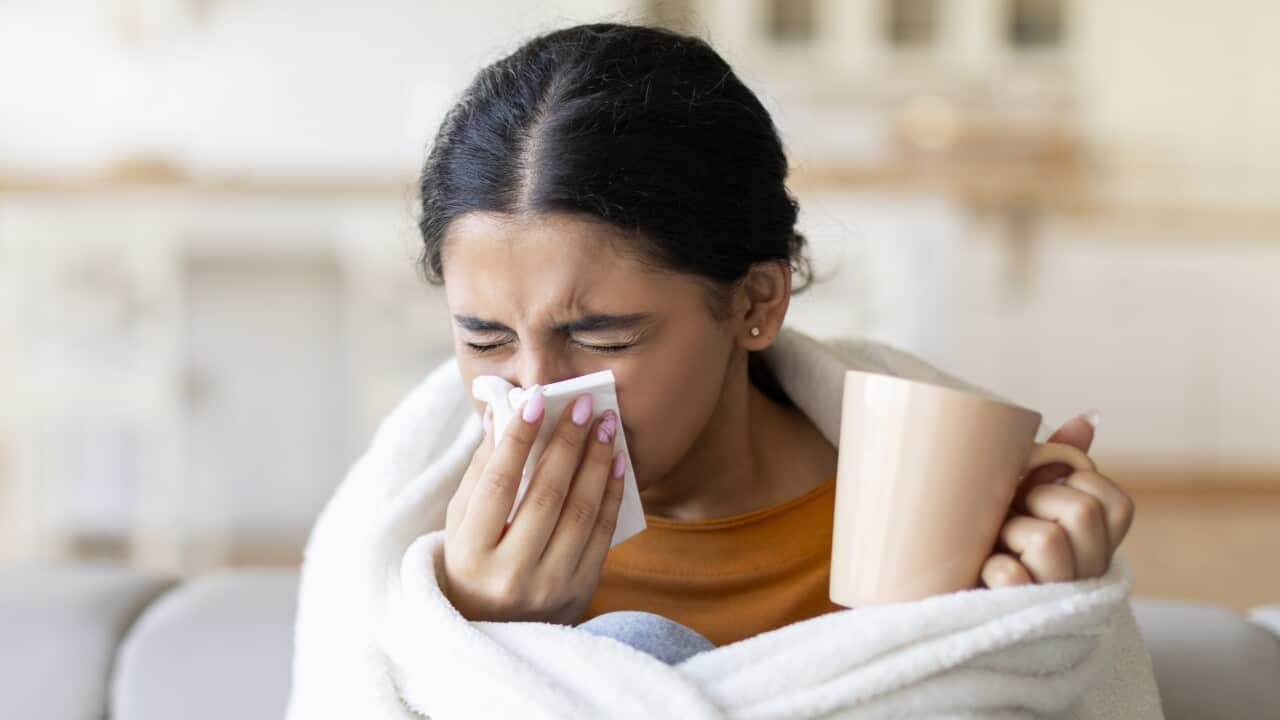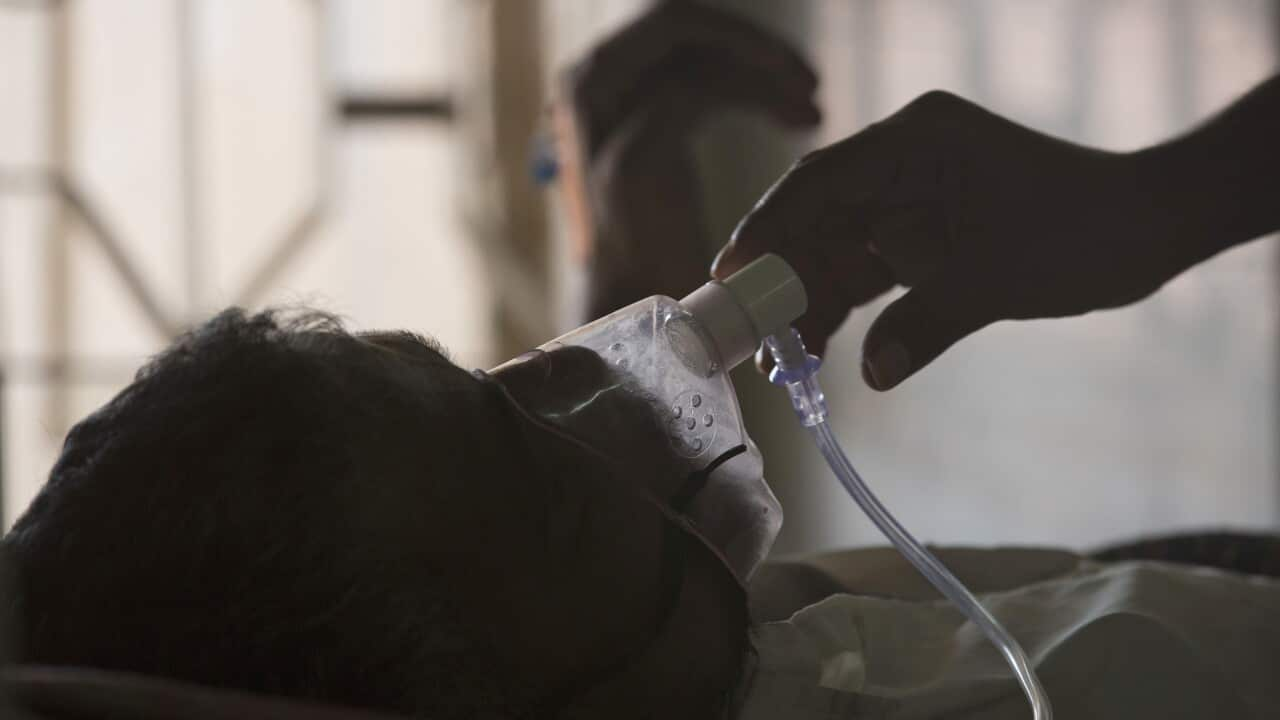Australians have been warned they're putting "the whole community at risk" after the nation recorded its worst flu season to date.
Some 352,782 confirmed cases of influenza have so far been reported to the National Notifiable Diseases Surveillance System this year.
It's a more than 20 per cent increase on last year's figure of 289,133 confirmed cases.
Australia's previous peak flu season was 2019 when 313,454 cases were recorded.
Immunisation Coalition chair Dr Rodney Pearce said this year's numbers should serve as "a wake-up call".
"Influenza is not just a bad cold; it can have severe consequences, particularly for vulnerable populations," he said in a statement on Tuesday.
"Yet, our surveys indicate that many Australians are disengaged and feel vaccination is unnecessary.
"This puts the whole community at risk."
Flu vaccination rates are at their lowest national levels since reporting to the Australian Immunisation Register became mandatory in 2021.
Between 1 March and 6 October this year, 8,786,233 people in Australia received a flu shot. During the same period last year, 9,331,570 vaccinations were recorded.
A national survey of 25,000 people conducted by the Immunisation Coalition in March this year found just 54 per cent of respondents felt influenza was a serious disease.
Similar numbers (55 per cent) said they didn't see immunisation as a benefit or being important, and wrongly believed that May or June was the ideal time to get a flu shot (54 per cent), despite the season starting in April.
The Immunisation Coalition said federal and state governments needed to play a greater role in addressing vaccination rates and misconceptions around influenza and flu shots by investing more in disease awareness campaigns and resources for the public.
Priority should be given to identifying those at a higher risk, including parents of children under five years old, adults aged 65 and over, Aboriginal and Torres Strait Islander people aged 50 and over, and people with special medical conditions, it said.











